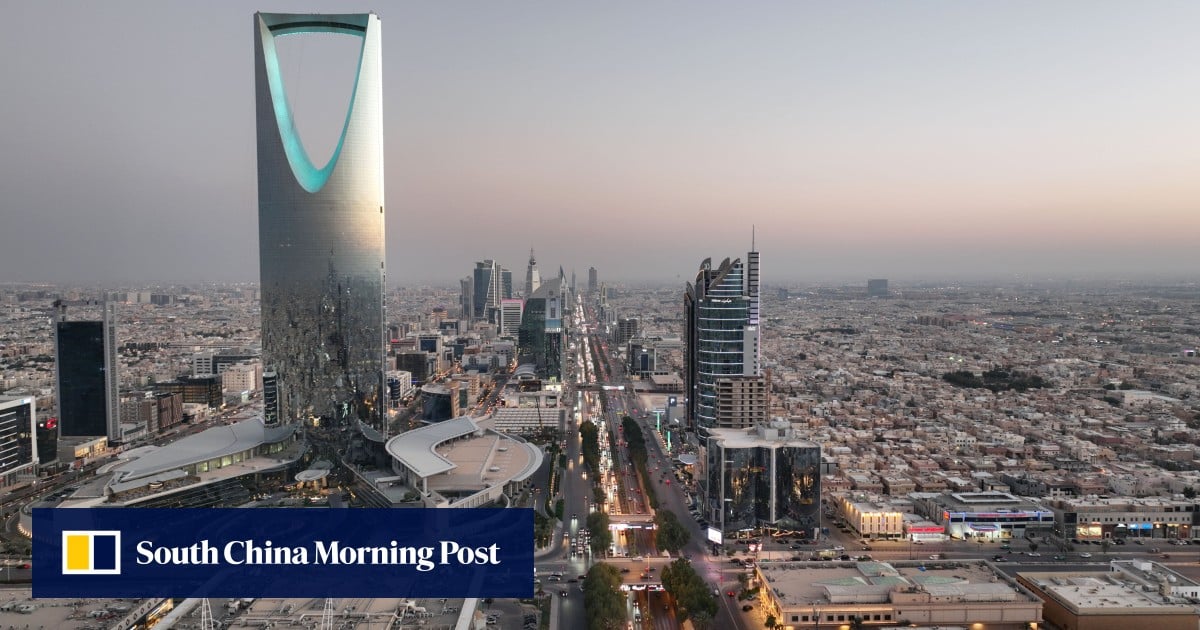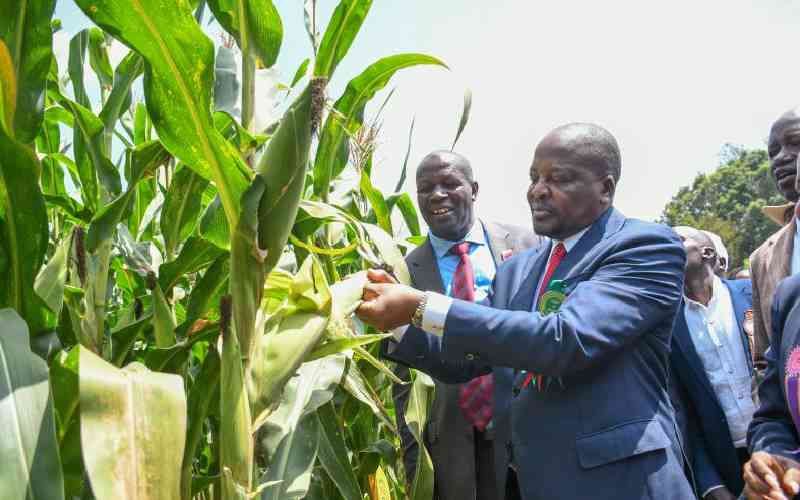Saudi Arabia to spur FDI with real estate shake-up - Chinadaily.com.cn
Starting from January, Saudi Arabia will allow foreigners to buy real estate as an updated property law comes into force. Seen by industry insiders and analysts as a critical component of its Vision 2030 program to diversify the economy, the decision is expected to open a strategic window for investors.
Calling the Saudi pivotal shift "one of the most consequential policy shifts for the sector in 2025", Cliff Chau, managing partner at Riyadh-headquartered global investment firm ewpartners, said it affects not just real estate but the broader economy.
The move offers entry into one of the world's most ambitious and fast-evolving real estate frontiers, spanning residential and hospitality, logistics, healthcare and commercial sectors, he said, adding that Saudi Arabia's value for investors is rooted in its scale, economic transformation and its significance to the global Muslim population.
"Unlike mature markets dominated by fierce competition, Saudi Arabia presents a unique mix of scale, growth momentum and government backing — a combination that fosters potential for stronger risk-adjusted returns," he said. "We expect that well-structured investments in the kingdom will outpace many global counterparts, both in terms of return prospects and long-term portfolio diversification benefits."
Under the policy announced last week, non-Saudis will be allowed to buy property in designated zones, including Riyadh and Jeddah. Ownership in two Islamic holy cities, Mecca and Medina, will be subject to additional regulatory conditions. Detailed rules, covering application processes and buyer eligibility, are expected to be announced within 180 days.
"The updated law aims to increase real estate supply, attract global investors and developers, and further stimulate foreign direct investment in the Saudi market," said Majed Al-Hogail, Saudi Arabia's minister of municipal, rural affairs and housing and chairman of the Real Estate General Authority.
Aiming to reinforce the Vision 2030 strategy, the move follows neighboring countries, such as the United Arab Emirates, which have designated areas where overseas investors can purchase property.
According to UAE state news agency WAM, Dubai's real estate sales exceeded AED761 billion ($207 billion) in 2024, attracting around 110,000 new investors, a year-on-year increase of 55 percent.
The Saudi new law will accelerate foreign capital inflows, driving growth across real estate's upstream and downstream industries, said Guo Jiancheng, vice-president of DarGlobal, a Dubai-headquartered developer with projects in Riyadh and Jeddah.
"Over the next decade, Saudi Arabia will host major events like the World Expo in 2030 and the World Cup in 2034. Investors are focusing on the kingdom, which has every chance to replicate Dubai's success," he added.
As a veteran in the UAE and Saudi real estate sectors, he added that industry players are highly enthusiastic, with many already taking action, as they have witnessed the benefits of opening Dubai's property market to foreigners.
Launched in 2016 by Saudi Crown Prince Mohammed bin Salman Al Saud, Vision 2030 aims to diversify the economy, reduce oil dependency and transform the kingdom into a global investment hub, with significant investments in new cities and real estate.
The new property opening is likely to benefit companies, enabling them to invest in apartments or villas for staff accommodation as a cost-effective alternative to hotel stays. It also offers long-term expats the opportunity to own a house.
Lyu Chenning, a Chinese restaurant owner in Riyadh, said that home ownership is key to creating a sense of belonging, helping expats like himself establish roots.
"Many of my friends — most with at least five years in Saudi Arabia — want to buy property here. Having arrived last year, I might too if possible," he said.
In 2024, the real estate sector's contribution to the Saudi economy nearly doubled, rising from 5.9 percent of GDP in 2023 to almost 12 percent.
"International demand has been pooling on the sidelines," said Faisal Durrani, regional head of research at property consultants Knight Frank, the Arabian Gulf Business Insight reported.
You may also like...
Diddy's Legal Troubles & Racketeering Trial

Music mogul Sean 'Diddy' Combs was acquitted of sex trafficking and racketeering charges but convicted on transportation...
Thomas Partey Faces Rape & Sexual Assault Charges

Former Arsenal midfielder Thomas Partey has been formally charged with multiple counts of rape and sexual assault by UK ...
Nigeria Universities Changes Admission Policies

JAMB has clarified its admission policies, rectifying a student's status, reiterating the necessity of its Central Admis...
Ghana's Economic Reforms & Gold Sector Initiatives

Ghana is undertaking a comprehensive economic overhaul with President John Dramani Mahama's 24-Hour Economy and Accelera...
WAFCON 2024 African Women's Football Tournament

The 2024 Women's Africa Cup of Nations opened with thrilling matches, seeing Nigeria's Super Falcons secure a dominant 3...
Emergence & Dynamics of Nigeria's ADC Coalition

A new opposition coalition, led by the African Democratic Congress (ADC), is emerging to challenge President Bola Ahmed ...
Demise of Olubadan of Ibadanland
Oba Owolabi Olakulehin, the 43rd Olubadan of Ibadanland, has died at 90, concluding a life of distinguished service in t...
Death of Nigerian Goalkeeping Legend Peter Rufai

Nigerian football mourns the death of legendary Super Eagles goalkeeper Peter Rufai, who passed away at 61. Known as 'Do...




